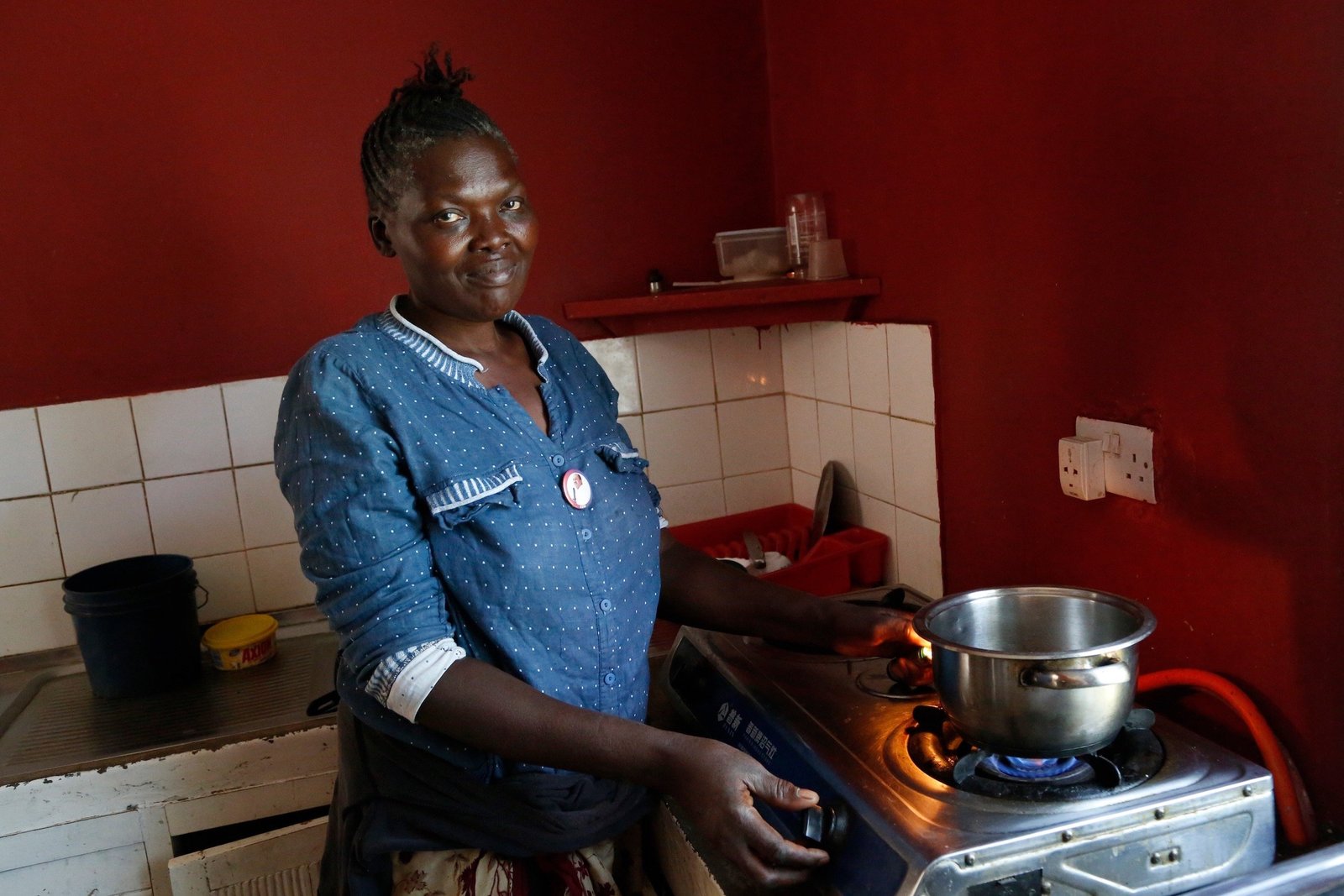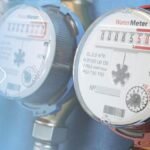Leaders from the Ministry of Energy wrapped up a training session for clean‑cooking coordinators from the Lake Zone, reinforcing a bold national vision: by 2034, most Tanzanians will be using clean, modern cooking options.
Eng. Banezeth Kabunduguru, Deputy Director of the Clean Cooking Unit, reminded participants that the recently launched National Clean Cooking Strategy is more than just a policy — it is a practical roadmap for change. The goal is to help families move away from traditional fuels like firewood and charcoal and adopt safer, more sustainable alternatives: LPG, electricity, biogas, and improved cookstoves.
He said that for this shift to work, education is key. Local officers and coordinators must break down complex ideas into simple, trustworthy messages that resonate in different communities. Without clear, culturally sensitive communication, the strategy’s impact will be limited.
Several of the training participants, including officials from Karagwe and Shinyanga, praised the government’s unified direction. To them, the strategy provides a framework that helps align their outreach efforts and ensures people hear consistent, credible information.
Speaking on behalf of Mwanza’s regional leadership, Aron Kalondwa urged the trained officers to carry these lessons into their day-to-day work with energy, creativity, and determination, especially when connecting with rural communities or low‑income households.
These training sessions were organized by the Ministry of Energy in partnership with institutions that are central to the clean-cooking drive, such as the Rural Energy Agency and the national electricity utility. Together, they are pushing to scale up both awareness and real access to clean cooking solutions across seven regions — Mwanza, Geita, Kigoma, Kagera, Shinyanga, Mara, and Simiyu.
Also Read: Kariakoo Market Springs Back to Life After Election Unrest
The National Clean Cooking Strategy, officially in force for the next decade, aims for 80 percent of households to adopt clean cooking by 2034. Beyond health, the strategy is also part of Tanzania’s climate and development goals, targeting deforestation, reducing indoor air pollution, and improving gender equiity. Experts argue that the transition could unlock real benefits: fewer health problems linked to smoke, more time saved for women and girls who gather firewood, and lower emissions harming forests.
At the same time, the government is already moving forward on complementary efforts. Earlier this year, it launched a national e‑cooking awareness campaign to encourage people — especially in urban areas — to switch to electric cooking appliances.
Despite the challenges, officials are confident. The Director General of the Rural Energy Agency recently said the government is making steady progress thanks to partnerships between public institutions and private actors.



